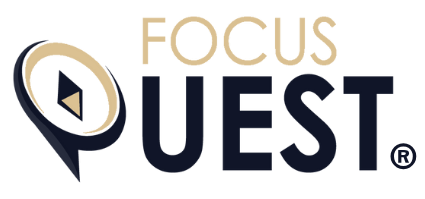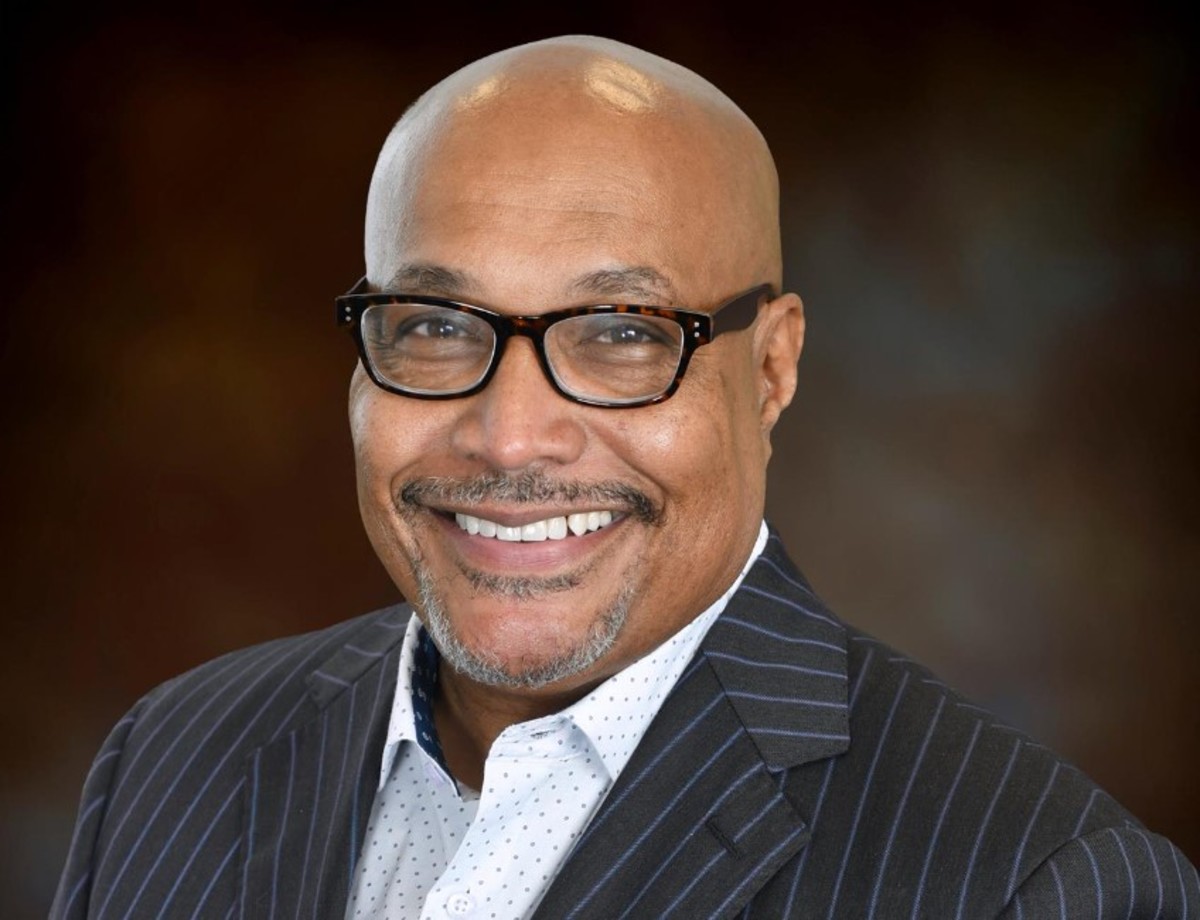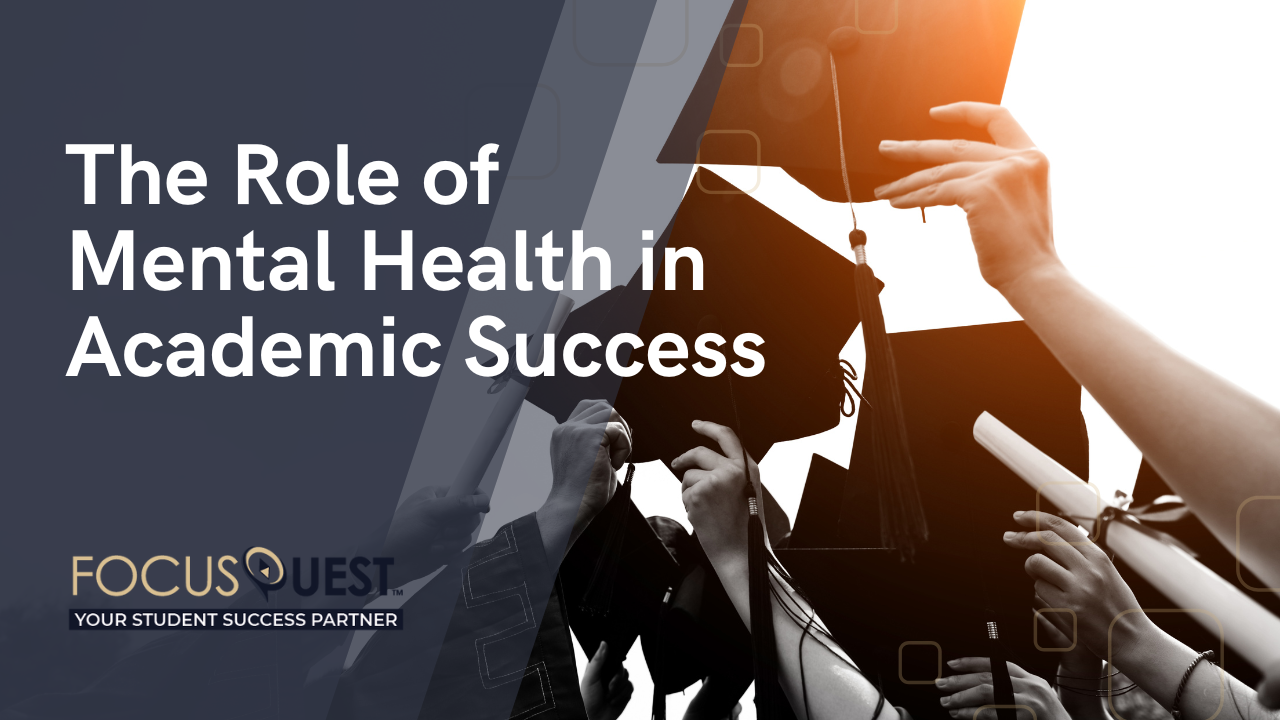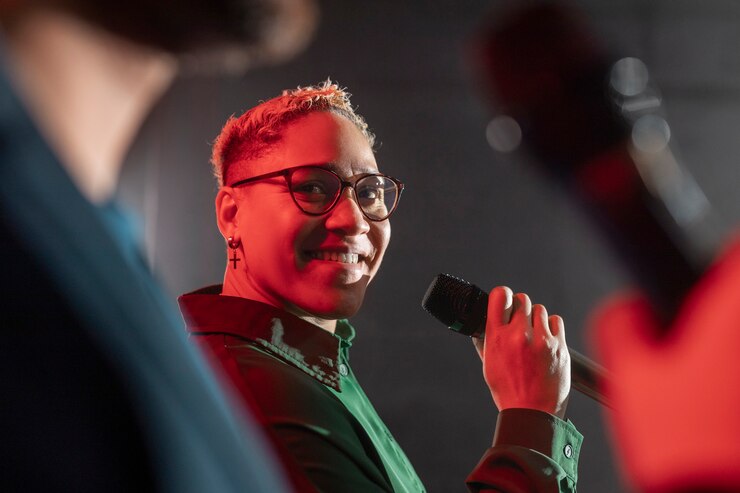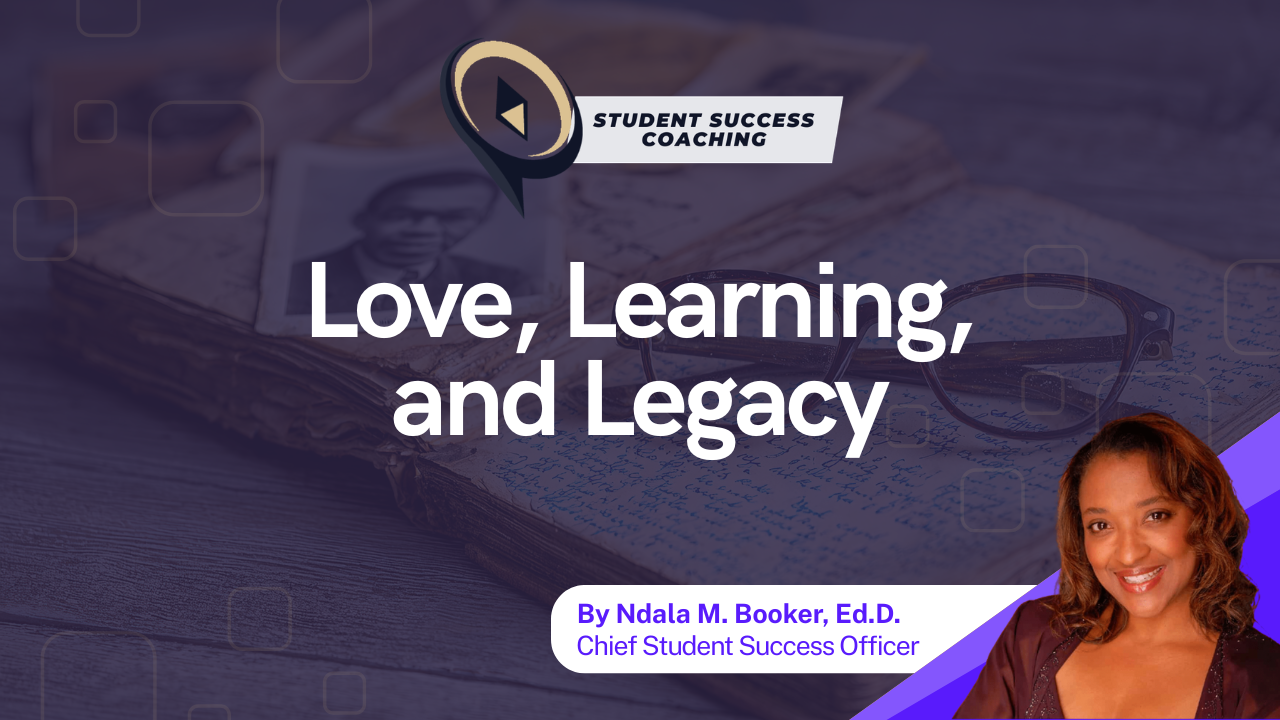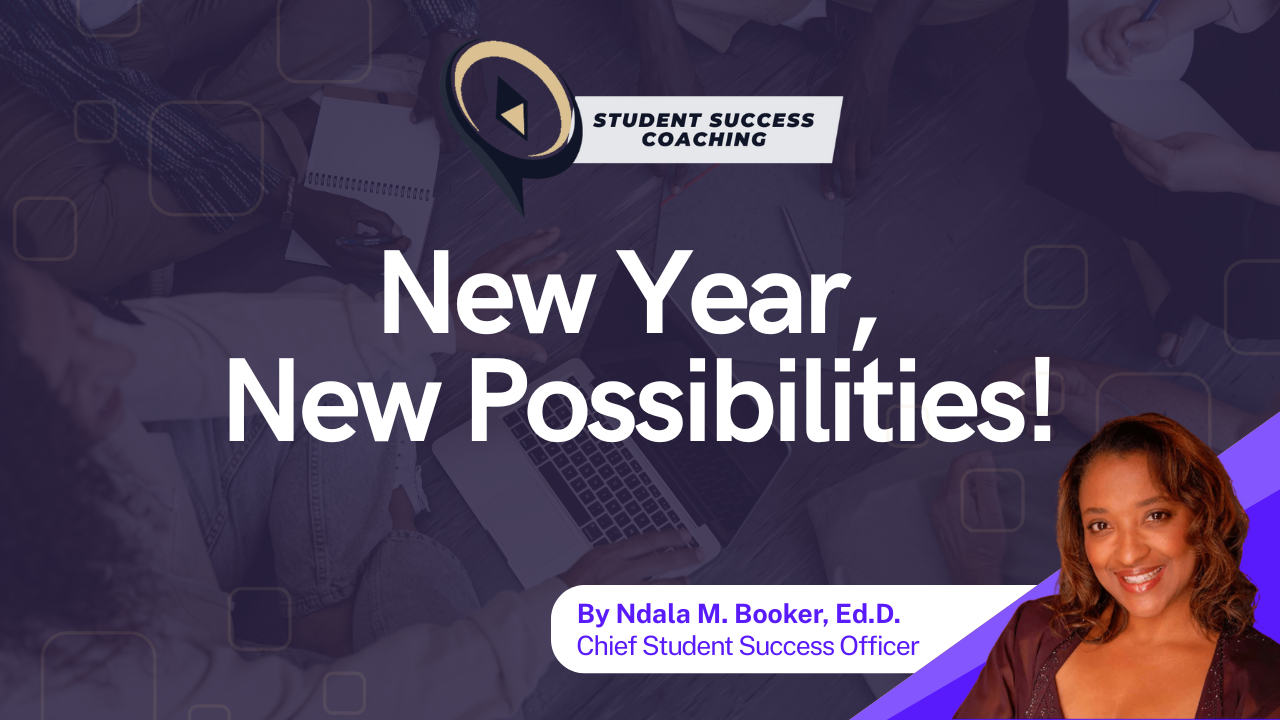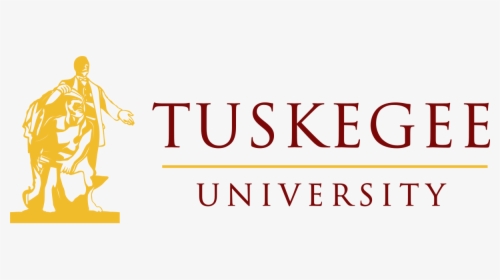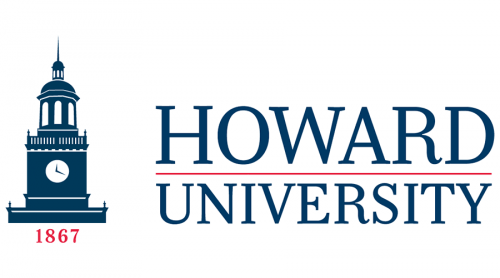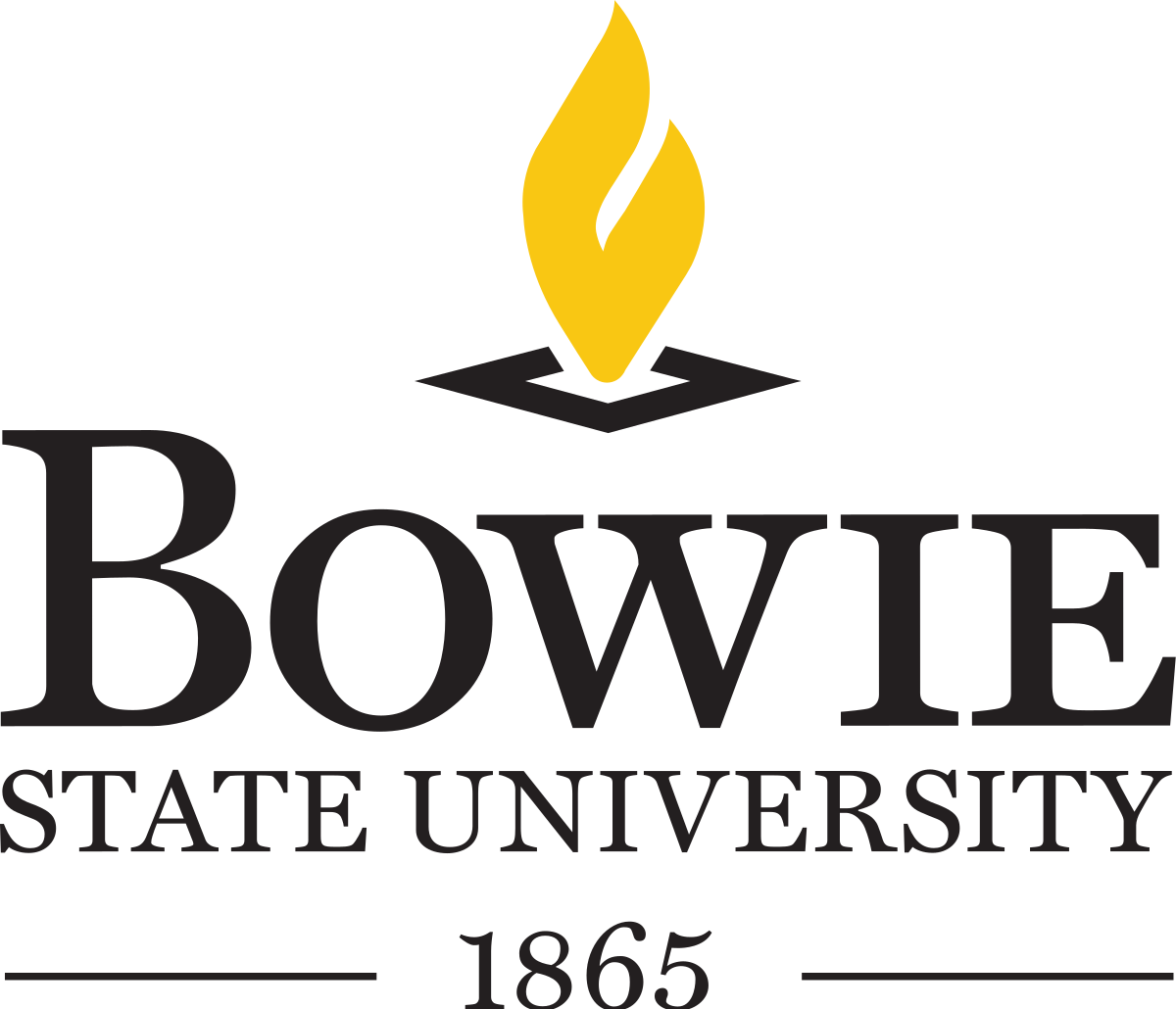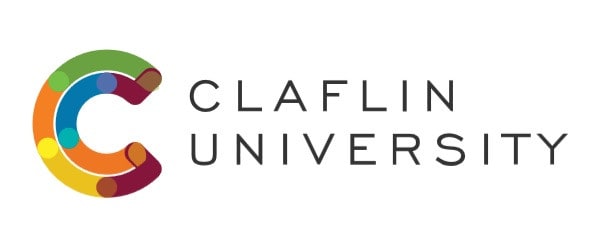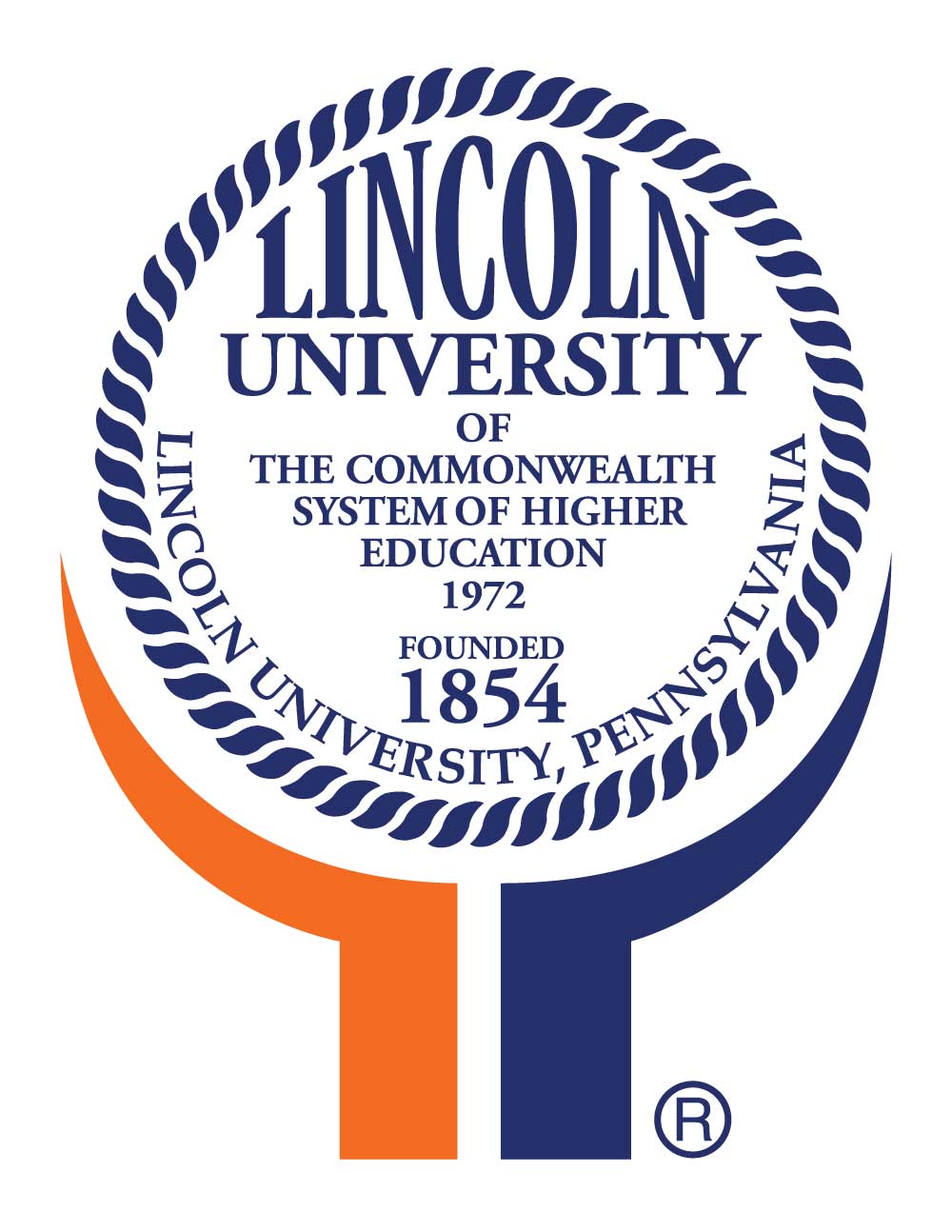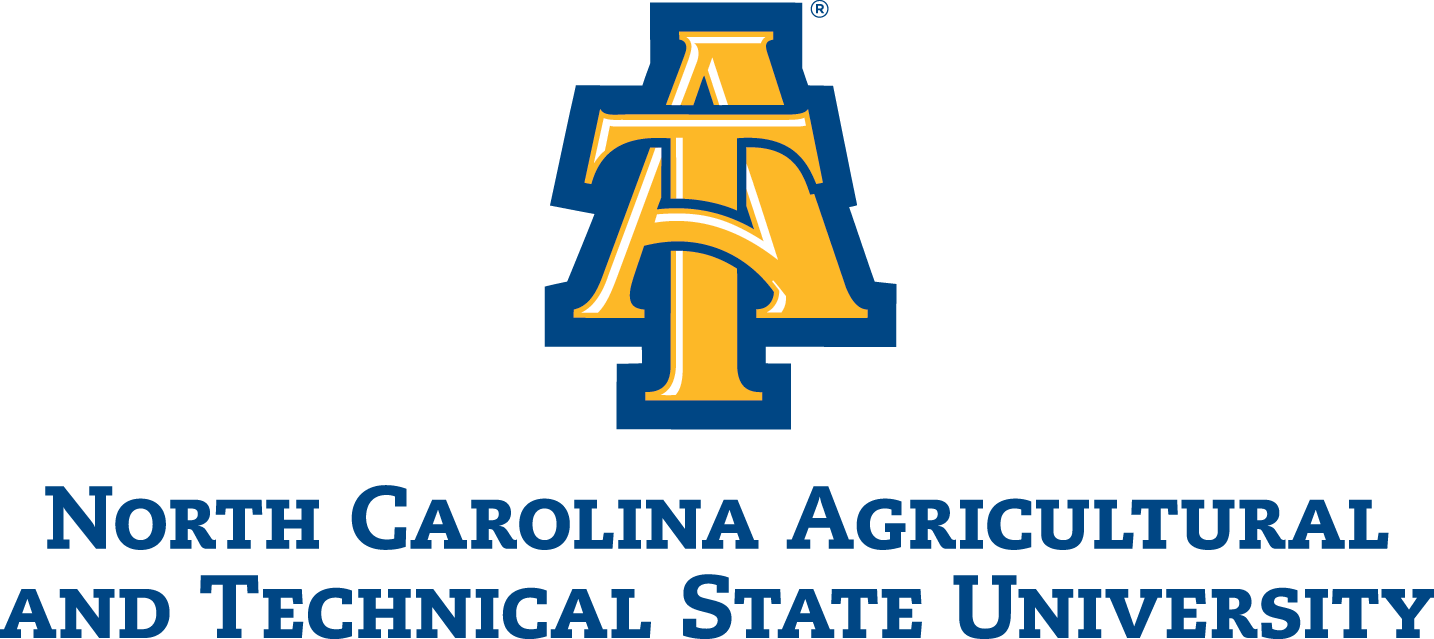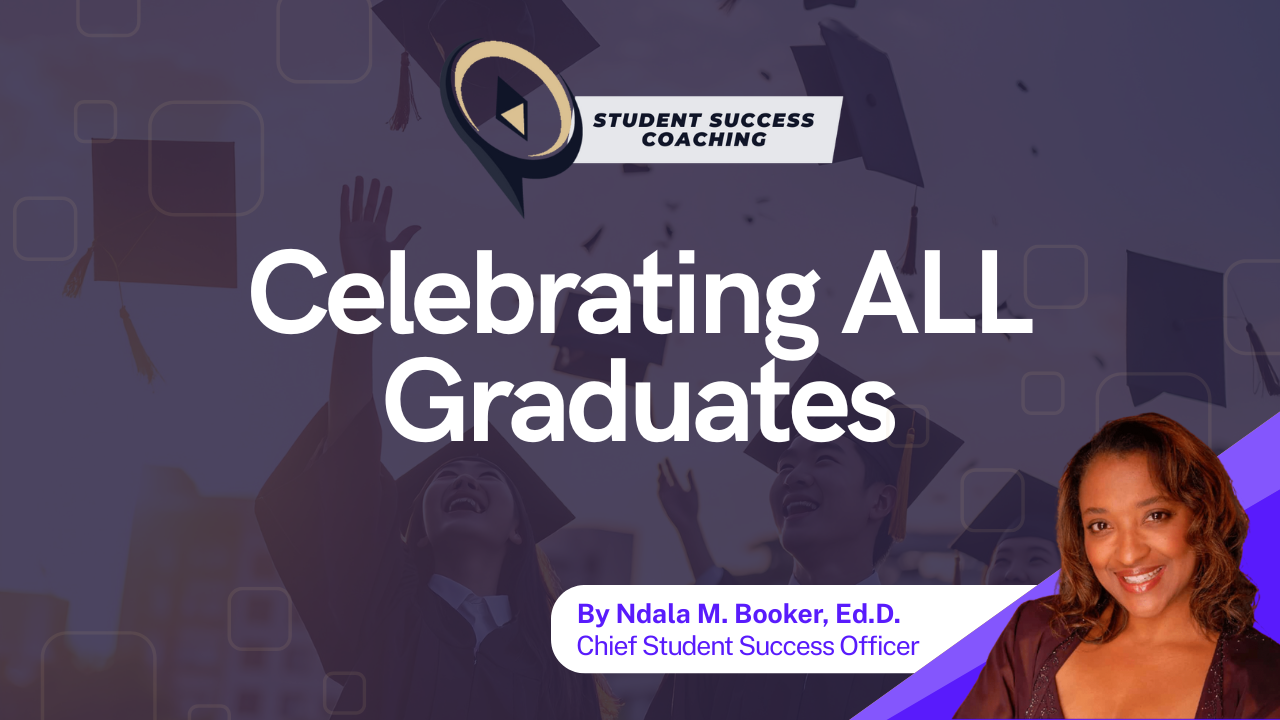HBCUs are making great progress towards net-zero emissions and promoting diversity in clean energy
- July 21, 2023
Historically Black colleges and universities (HBCUs) are at the forefront of progress in achieving net-zero emissions and promoting diversity in clean energy. The Department of Energy’s Office of Policy reported over 7.8 million energy jobs in the US in 2021. Recognizing the need to support HBCUs in clean energy research, Dominion Energy pledged $25 million, while the Department of Energy (DOE) funded HBCUs for biofuel and solar-plus-storage projects (Photo contributor: Scharfsinn, Shutterstock.com).

To promote diversity, equity, and inclusion in energy research, teams have received awards, and the DOE plans to invest in solar and nuclear energy, energy storage, carbon capture, and efficient use of minerals through funding opportunities.
In a significant development, Howard University became the first HBCU to join the governing alliance board of directors for the National Renewable Energy Laboratory in May 2023. This collaboration creates opportunities for underrepresented students to pursue careers in renewable energy.
The DOE also announced the HBCU Clean Energy Education Prize worth $7.75 million. This initiative encourages HBCU institutions to develop programs that increase K-12 and community college students’ participation in STEM fields related to clean energy.
The goal is to expand clean energy education for younger generations and establish partnerships that lead to clean energy career opportunities. Over 100 HBCU institutions across the US are eligible to compete in one or both prize tracks.
The DOE has formed partnerships with more than 100 HBCUs and minority-serving institutions to address racial disparities in energy systems and research. Their efforts have earned recognition from 15 ABET-accredited HBCU engineering schools as one of the top 5 government agencies supporting HBCUs in 2023.
North Carolina Agricultural and Technical State University has established the Center for Electrochemical Dynamics and Reactions on Surfaces (CEDARS) to focus on clean energy initiatives. CEDARS will explore technologies such as hydrogen and oxygen separation from water to create clean hydrogen for energy use.
CEDARS, funded by a four-year $10.35 million DOE grant, represents an interdisciplinary effort. It is the only HBCU among the 43 universities and national laboratories to receive over $400 million in Energy Frontier Research Centers (EFRC) funding.
With the university’s $23 million Steps4Growth clean energy workforce training award and the recent grant, the center aims to create a net-zero emissions economy and promote diversity in clean energy.
The burning of fossil fuels has resulted in rising global temperatures, leading to climate change risks and extreme weather events. The Deep South Center for Environmental Justice (DSCEJ) has been actively engaged in community-focused efforts over the past two years.
DSCEJ empowers communities historically impacted by environmental racism and promotes community-led solutions to address the climate crisis while prioritizing ecological justice. Through philanthropic funding and engagements with federal, state, and local lawmakers, DSCEJ has made significant progress.
Dr. Beverly Wright, the executive director and founder of DSCEJ, was appointed to the White House Environmental Justice Advisory Council by the Biden Administration in 2021. In this role, she provided recommendations on addressing environmental injustice to the White House Environmental Justice Interagency Council (IAC) and the Chair of the White House Council on Environmental Quality (CEQ). This appointment provided a platform to ensure that environmental justice communities’ priorities were addressed in Washington.
The Biden Administration’s commitment to environmental justice began with the announcement of Justice40, ensuring that historically disadvantaged communities receive 40% of federal investments in clean energy solutions.
DSCEJ actively engaged with the administration, including organizing a “toxic tour” throughout Cancer Alley, drawing attention to the devastating effects of living near highly polluting industries. EPA Administrator Michael Regan participated in the immersive tour, and the EPA issued enforcement actions to address air pollution, unsafe drinking water, and other issues.
In September 2022, the EPA announced the establishment of the Office of Environmental Justice and External Civil Rights. This office aims to advance environmental justice by enforcing civil rights laws in overburdened communities and providing new grants and technical assistance.
HBCUs are playing a crucial role in driving progress towards net-zero emissions and advocating for diversity in clean energy. With continued support and collaboration, these institutions are paving the way for a more sustainable and equitable future.
#HBCUs #CleanEnergy #NetZeroEmissions #DiversityInEnergy #EnvironmentalJustice #RenewableEnergy #STEMEducation #ClimateAction #SustainableFuture #EnergyResearch #EquityInEnergy #CleanEnergyInitiatives #CommunityEmpowerment #EnvironmentalEquity #ClimateJustice #HBCUPride #CleanEnergyLeadership
Share on Social Media
facts corner
Featured Articles
-
The Divine Nine: History of Black Sororities and Fraternities
-
James M. Jeter '13 Makes History as Ralph Lauren’s First Black Creative Director
-
The Surge in HBCU Enrollments: Why More Students Are Choosing HBCUs
-
Relearning How to Learn: What School Never Taught Us About Studying
-
The Role of Mental Health in Academic Success
-
The Power of Peer Support: Finding Your Study Tribe
